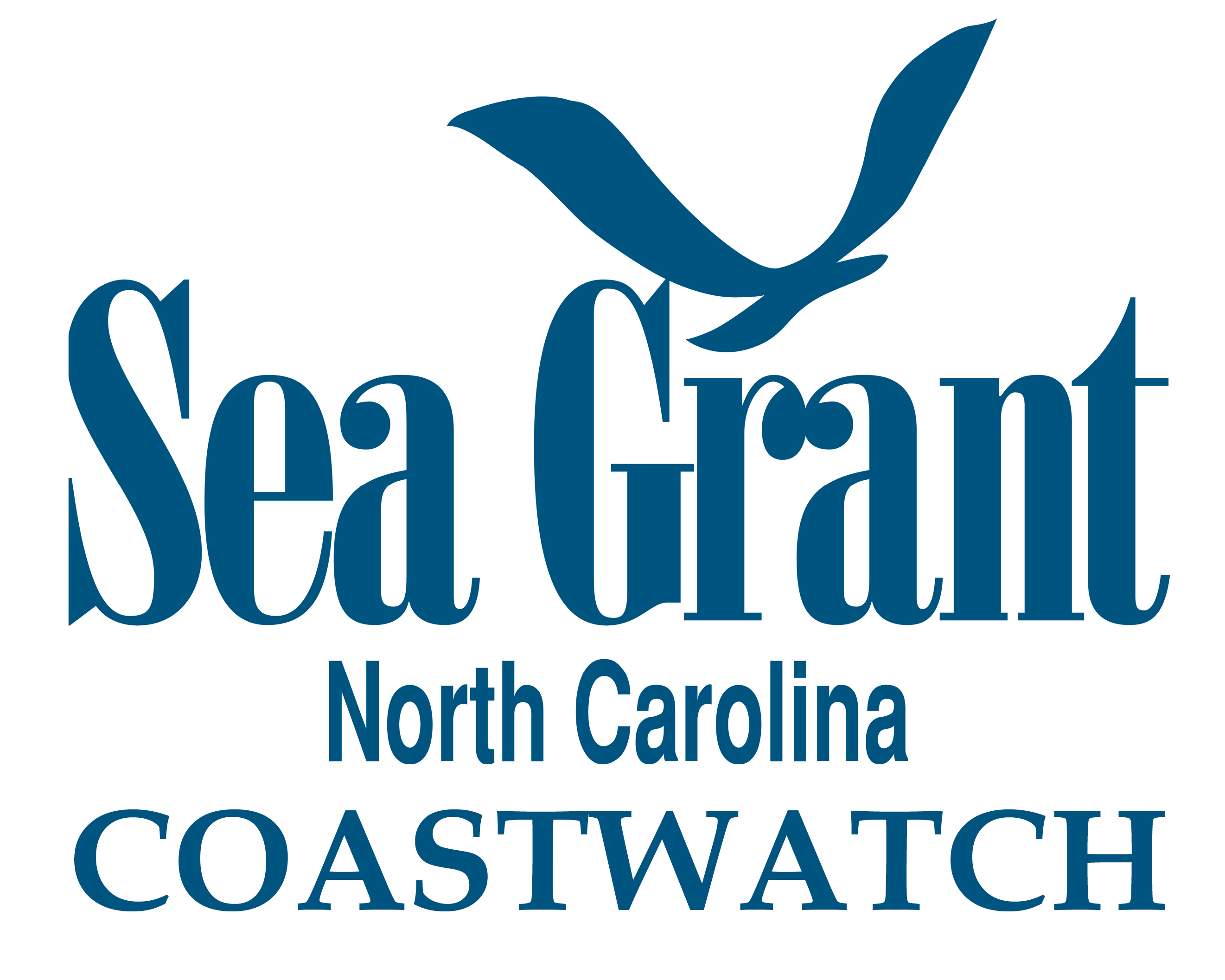By KATIE MOSHER
North Carolina Sea Grant’s leaders are immersed in impacts as they review the program’s history — a prelude to updating strategic plans.
“I have been here more than a year, and each week I am learning more about the strength of the investments the Sea Grant program has made in coastal science over the past four decades,” notes Susan White, executive director.
“In business terms, we have a strong brand that is respected across the state. We have an amazing portfolio of research and outreach across a broad range of topics. Our challenge is to build on that success while also providing incentives for innovators to take bold steps.”
White cites a multitude of partnerships, including with community leaders, internationally recognized experts, new faculty and resource managers making policy decisions. “They all will be key in helping us identify our path forward,” she adds.
The value of Sea Grant in North Carolina was cited multiple times in the 2013 review of all coastal and marine science programs in the state. Requested by the University of North Carolina system, the study was conducted by a team from the American Association for the Advancement of Science. White has continued to lead a committee looking to increase collaborations in marine sciences across the state.
SHARING SUCCESS STORIES
As White and colleagues developed plans for a North Carolina Sea Grant Research Symposium on April 16, the theme quickly emerged: Investments and Opportunities.
The event highlights outcomes from Sea Grant’s core projects over the past 10 years. Each agenda segment will provide snapshots of results that are being used by resource managers, community leaders and/or property owners.
“The audience is there to participate. Each focus-area discussion could start with how the particular results can be shared with additional users through new partnerships,” notes Jennifer Dorton, who has coordinated the event planning.
“From there, we can move to additional current and emerging problems and potential solutions. These sessions will provide inspiration and focus for future research,” she adds.
Experts in the UNC system agree.
“I am excited to see this new collaborative initiative by North Carolina Sea Grant,” notes Chris Brown, vice president for research and graduate education in the UNC system. “It’s increasingly important to engage an array of stakeholders — including researchers, government officials on all levels, business owners and residents — to identify and leverage expertise and resources to address these strategically. Such discussions will move North Carolina coastal and marine research and outreach programming forward to address emerging issues.”
John Fear, Sea Grant’s deputy director, also sees the April 16 sessions as opportunities to show how research projects link seamlessly to the organization’s outreach.
Since he arrived in January, Fear has hit the ground running. He already was familiar with many aspects of the research history through his service on the program’s advisory board, and through partnerships with Sea Grant when he was research director for the North Carolina Coastal Reserve Program.
Fear is especially interested in the graduate students working with expert mentors who are leading Sea Grant research projects. “I look for these students to seek out — and at times create — new tools for data gathering and analysis, as well as to find new ways to communicate results. These future leaders are full of ideas that reflect generations that grew up with online resources and connections,” he notes.
“Also, nearly all research projects these days could be considered interdisciplinary, as so many tackle problems from many perspectives at the same time.”
Presentations from the April symposium will be posted online for follow-up discussions.
“We had a difficult time selecting topics just from the core projects, but we will be offering a wonderful spectrum of biological, physical and social sciences, as well as communications studies that traditionally may have been placed in the humanities,” White notes.
Future gatherings could focus on minigrants, North Carolina Sea Grant’s nationally recognized seed-funding opportunities that often provide proofs of concepts that can be expanded through major grants from other agencies. In addition, the program administers research projects on state and federal fisheries topics.
This article was published in the Spring 2014 issue of Coastwatch.
For contact information and reprint requests, visit ncseagrant.ncsu.edu/coastwatch/contact/.
